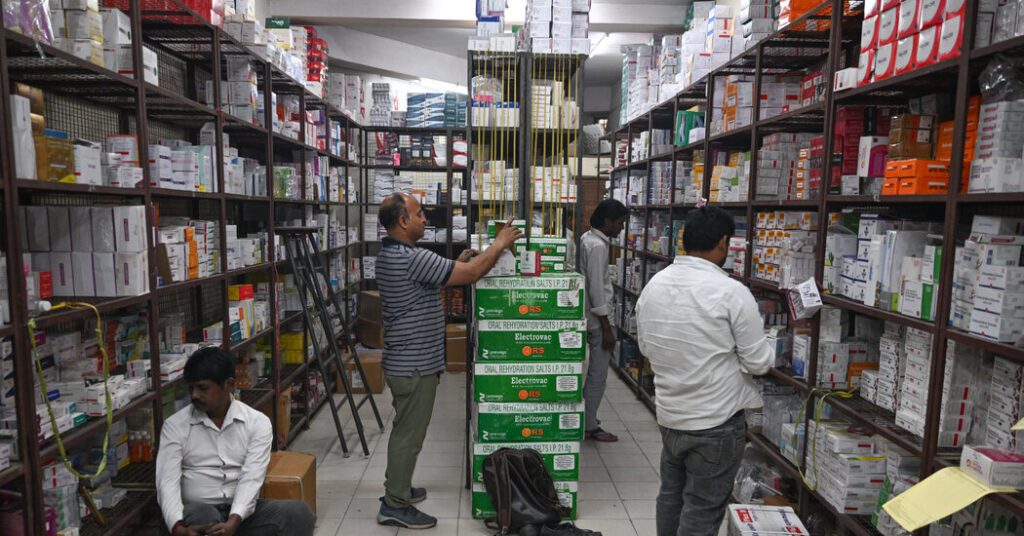An important segment of the Indian business community woke up in fear on Wednesday. President Trump once again swayed the threat of tariffs on pharmaceutical imports.
“We will soon be announcing a massive tariff on drugs,” he told guests at a dinner held by the National Republican Congressional Committee.
India spent most of the week finding reasons for hope after the shock that it was hit with a blanket rate of 27%. One of the best was the fact that the global pharmaceutical industry was removed from the first round of tariffs.
Last year, India exported almost $13 billion worth of drugs, many of which are generics. This will make Pharmaceuticals the most successful industrial exports in India. The US is the largest market.
In the short term, there is no practical way for the US to replace India's supply. China is the next biggest exporter of generic drugs, facing higher tariffs than any other country.
Trump's idea is that in the long run these drugs can be made domestically. Before that happens, they have to become more expensive. Drugs appear in Economics 101 as the best example of “inelastic demand” products, or as consumers continue to buy even when prices rise.
The Indian government minister has spoken about the possible bilateral agreement between Prime Minister Narendra Modi and Trump. The two ministers spoke optimistic this week about the “new opportunities” these tariffs are creating for India. They are inspired by the fact that India's closest competitors suffer even higher rates for traded products, including China, Vietnam and Bangladesh.
In Mumbai's stock market, stocks of India's largest and most profitable drugmaker fell sharply in the news of Trump's dinner overnight.

